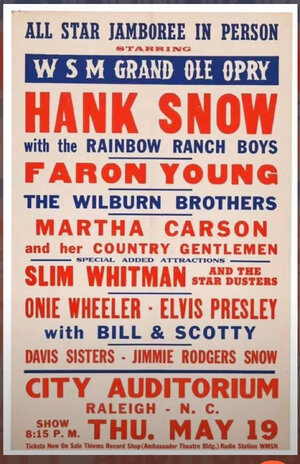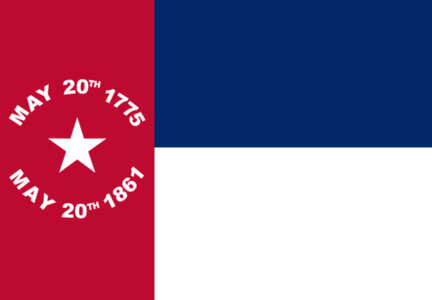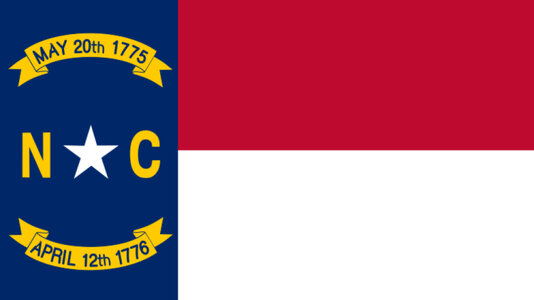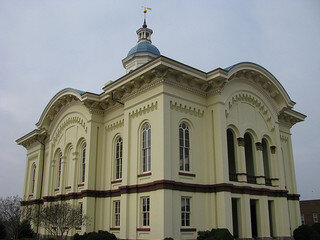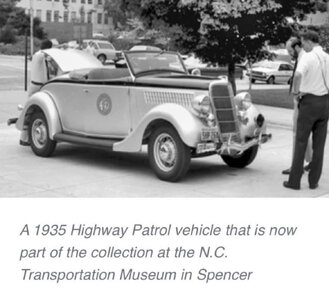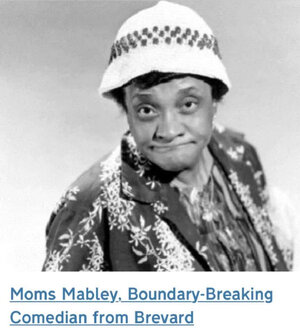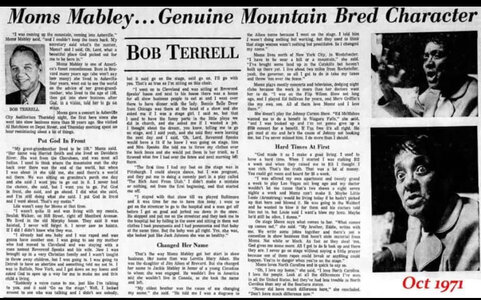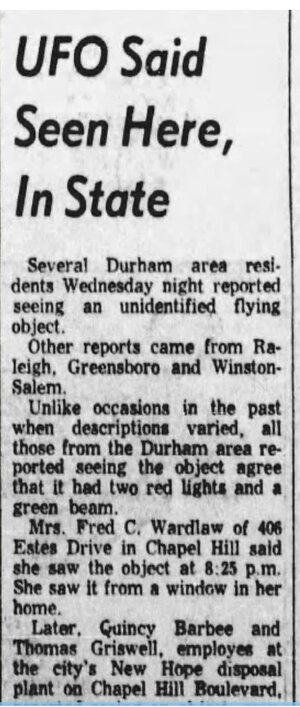donbosco
Inconceivable Member
- Messages
- 3,096
Matewan is a coal town in West Virginia where in 1920 workers battled the company for their rights. John Sayles made a film about that struggle. “Matewan Massacre. May 19th, 1920. On the morning of the 19th day of May, 1920, Albert C. Felts, who was connected with the Baldwin-Felts Detectives, Incorporated, and who was also a deputy sheriff of Mingo County, West Virginia, with twelve other men went to Matewan to evict about half a dozen men who were unlawfully holding possession of some houses belonging to the Stone Mountain Coal Corporation. These miners had been repeatedly legally notified to surrender possession of the premises occupied by them, but had refused to do so. Under the direction of Mr. Felts, the household effects of these men were carefully and peaceably removed....” These actions led to the ‘Battle of Blair Mountain,’ “the largest armed labor uprising in U.S. history.” The dynamic of White West Virginian, African Americans from Alabama, and immigrant Italian, miners finding a common foe is accurate.
John Sayles made a film about these events. Just below is the trailer.
Some content on the events: Matewan Massacre (U.S. National Park Service)
Hazel Dickens (RIP) sang in Sayles' film.
"During Matewan"The 1912-13 events at Paint & Cabin Creek are known as the first of the Coal Mine Wars of West Virginia. There was a march of 5,000 miners in 1919. Then the Matewan Massacre in 1920 led to the shooting of Chief Hatfield. The only movie made about this was filmed in 1987 by John Sayles. Finally with the help of Mother Jones and Bill Blizzard, apx. 15,000 armed miners attacked apx. 1,500 Company thugs, State Police, & 2,000 U.S. Military units in the Battle of Blair Mountain. The "RedNeck Army" (named for red cloth around their neck) surrendered when the U.S. Air Force threatened to bomb them.In 2005, the West Virginia Archives and History Commission voted unanimously to recommend to the National Park Service that 1,600 acres of Blair Mountain be included on the National Register.Coal mining companies and nearby landowners promptly sued to overturn the nomination. The Sierra Club moved to join the suit, and in May 2006 a West Virginia judge granted the Club's participation. That same month, the National Trust for Historic Preservation placed the Blair Mountain battlefield on its list of America's 11 Most Endangered Places. The United Mine Workers union also came out in support of the National Register listing because of its importance to the labor movement.
John Sayles made a film about these events. Just below is the trailer.
Some content on the events: Matewan Massacre (U.S. National Park Service)
Hazel Dickens (RIP) sang in Sayles' film.
"During Matewan"The 1912-13 events at Paint & Cabin Creek are known as the first of the Coal Mine Wars of West Virginia. There was a march of 5,000 miners in 1919. Then the Matewan Massacre in 1920 led to the shooting of Chief Hatfield. The only movie made about this was filmed in 1987 by John Sayles. Finally with the help of Mother Jones and Bill Blizzard, apx. 15,000 armed miners attacked apx. 1,500 Company thugs, State Police, & 2,000 U.S. Military units in the Battle of Blair Mountain. The "RedNeck Army" (named for red cloth around their neck) surrendered when the U.S. Air Force threatened to bomb them.In 2005, the West Virginia Archives and History Commission voted unanimously to recommend to the National Park Service that 1,600 acres of Blair Mountain be included on the National Register.Coal mining companies and nearby landowners promptly sued to overturn the nomination. The Sierra Club moved to join the suit, and in May 2006 a West Virginia judge granted the Club's participation. That same month, the National Trust for Historic Preservation placed the Blair Mountain battlefield on its list of America's 11 Most Endangered Places. The United Mine Workers union also came out in support of the National Register listing because of its importance to the labor movement.
Last edited:



